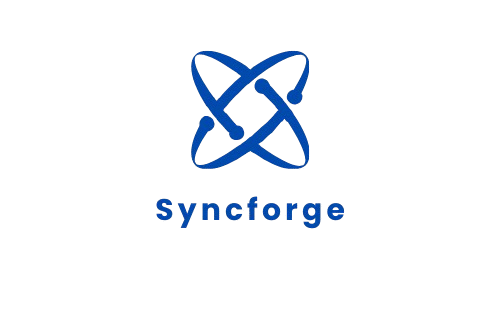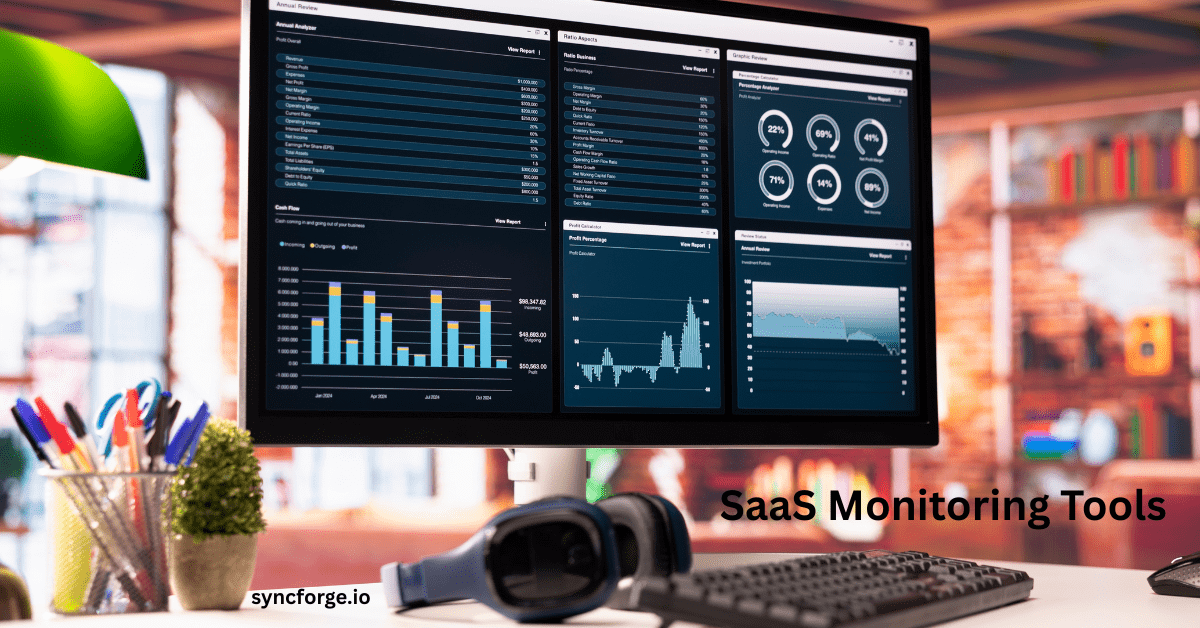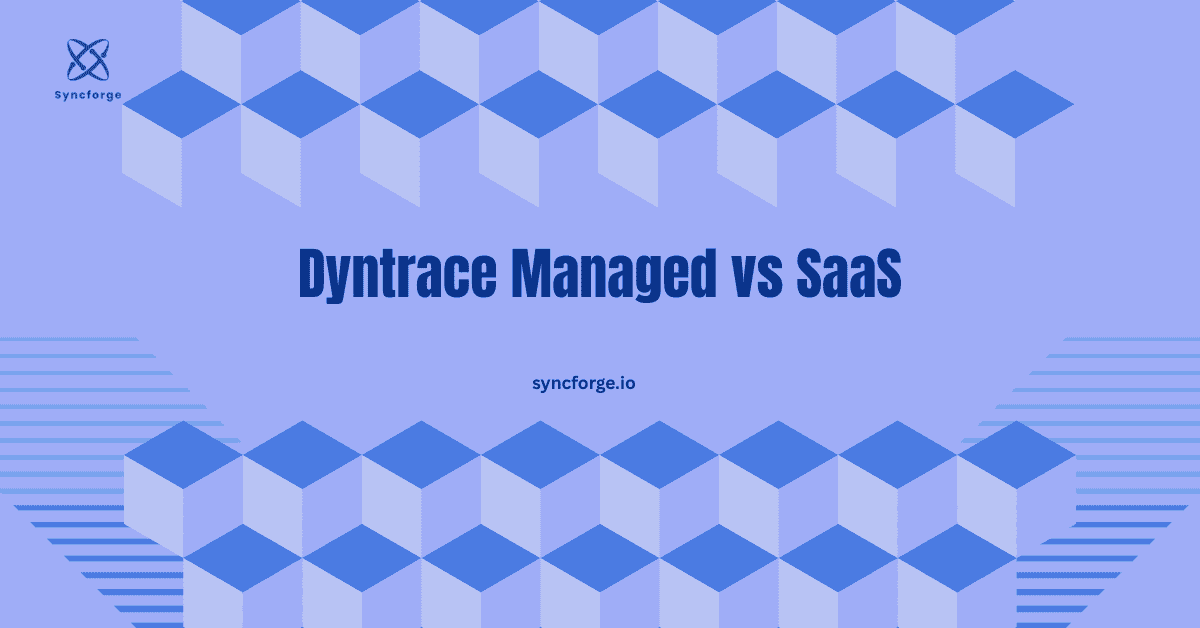AI SaaS Products: Ultimate Guide Encompassing Benefits, Challenges & Real-world examples
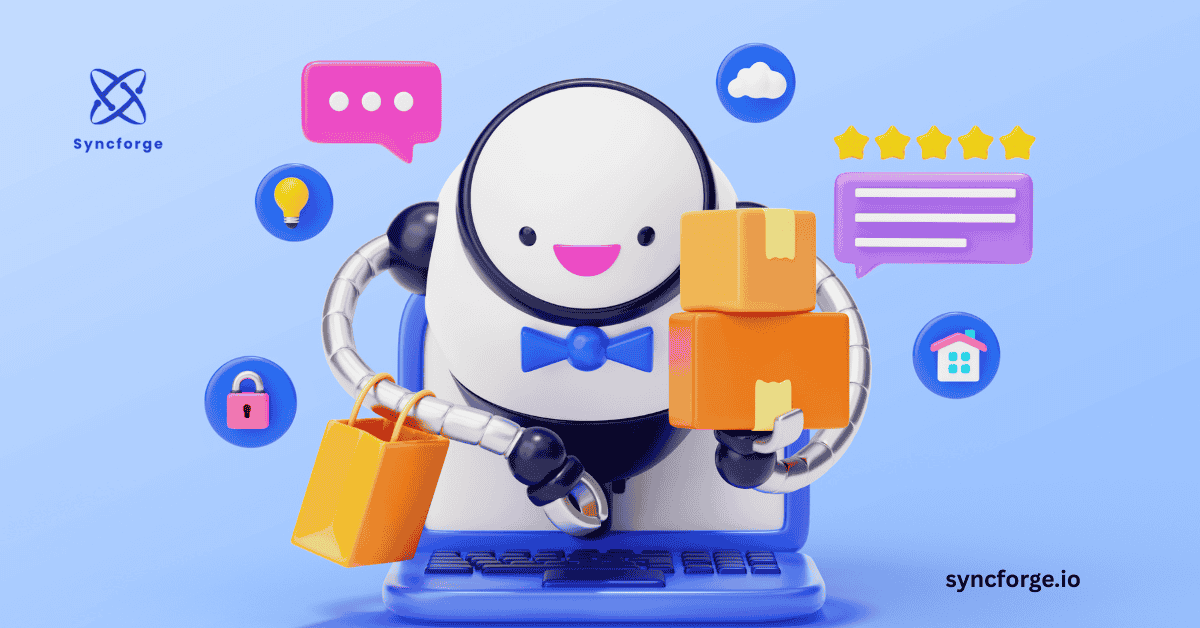
Introduction
The global digital economy has jumped into a new chapter after the integration of Artificial Intelligence. Solutions that were bound to research labs are now in our hands. When AI joins hands with Software-as-a-Service (SaaS) models, it becomes a growth engine that provides a level playing field for companies. Everyone is racing to harness Artificial Intelligence into their businesses, irrespective of their size, be it start-ups or large enterprises.
Without any investment in hardware, companies and individuals are accessing AI-driven applications directly through the cloud. AI SaaS products are playing an irreplaceable role in fields like content generation, customer support, data analytics, and cybersecurity.
What Are AI SaaS Products?
An AI SaaS product is a cloud-based software application powered by artificial Intelligence technologies like machine learning, natural language processing, computer vision, predictive analysis, and generative AI. Users can access these products online, from anywhere and anytime by just paying a monthly or annual subscription fee. They do not have to manage servers, storage, or updates.
Instead of building your own power plant you plug into the grid for electricity. Correspondingly, businesses subscribe to ready-to-use intelligence instead of making their own.
Approximately 200,000 SaaS companies are operating globally in 2025, and the number is growing with the flow of time. Likewise, the market is flooded with an even higher number of individual.
From a sea of tools, AI SaaS products classification criteria help businesses to pick the right and effective tool for them, as per their need.
Key Features of AI SaaS Products
AI SaaS are trendy because they directly enhance productivity, reduce costs, and scale with business growth. Their every feature addresses a pain point of the market.
Cloud-based delivery
You can access them from anywhere, anytime. It allows seamless collaboration among employees and teams who are in different time zones and states. Accessibility is the most effective feature of AI SaaS product. An AI-powered dashboard allows the marketing team in San Francisco to co-create a campaign with the sales team in Chicago.
Scalability
AI SaaS product grow old with you. It effortlessly handles your growing data volumes and fluctuating workloads while making sure that your performance is not affected. It gives flexibility to your business while growing.
AI Automation
AI-backed SaaS products free employees from repetitive tasks by automating processes like scheduling and reporting etc. It saves their time and allows them to deliver high-quality work by concentrating more on complex and creative issues. For example, 70% of client queries of US e-commerce brands are handled by Intercom AI
Real-Time Updates
Continuously improve their predictive models and automatically update themselves without any costly patches or downtime, unlike traditional software. You enjoy real-time updates without reinvesting in new infrastructure or any effort from your IT team.
API Integrations
In modern times, businesses grab tools that have the strength to stand alone and are easy to integrate into their ecosystems, such as CRMs, ERPs, and CMS platforms. Canva AI, for instance, can be plugged directly into Slack and HubSpot, empowering them to create and share designs and streamlining their workflow. Integration saves time and ensures data consistency across various platforms.
Popular Examples of AI SaaS Products in 2025
AI SaaS products are everywhere, shaping every sector. Here are a few leading categories and their specialist products.
AI Content Creation & Marketing
Marketing teams are taking the services of AI to generate blog posts, SEO strategies at scale, and ad copy. Almost 75 % of US marketers now use generative AI for content creation.
- HubSpot’s fusion with Jasper AI accelerated sales conversion for mid-sized companies. Moreover, it reduces their content production time.
- Writesonic, Surfer SEO, Copy.ai, and Jasper AI are some prominent tools in this category.
AI Design & Image Tools
AI tools are used to generate images from text, removing backgrounds, designing logos, and enhancing existing photos. Visual creation has become easy and speedy with these tools, and every small and mid-sized company is enjoying its benefits.
- For instance, teachers are preparing lecture presentations with Canva AI in seconds.
- MidJourney, DALL·E, and Canva AI are topping the list in visual creativity.
AI Customer Support
AI-first chatbots and ticketing systems are facilitating businesses by assisting their customers and minimizing human involvement. They handle millions of interactions with little response time and cost. Fe tools include Intercom AI, Ada, and Zendesk AI.
AI Analytics & Business Intelligence
Amalgamation of AI analytics with BI enables systems to automate data analysis and reveal insights instantly. With their predictive and prescriptive insights, these platforms facilitate the healthcare and finance industries by improving their overall decision-making.
- Tools: Tableau AI, ThoughtSpot, Sisense AI.
AI Sales & CRM Tools
Sales teams are employing AI to forecast customer needs and personalize communication. It helps you to speed up agreements and cut churn rates.
- Tools: Salesforce Einstein, HubSpot AI, Zoho Zia
AI HR & Recruitment
Hiring tools are used to streamline hiring processes and reduce bias by evaluating video interviews. US firms are employing these tools for large-scale recruitment.
Tools: HireVue, Pymetrics, Eightfold AI
AI Cybersecurity
AI-backed cybersecurity SaaS platforms offer advanced-level protection and give an automatic response to growing threats. It monitors, detects, and immediately responds to cyber threats and protects businesses from ransomware, phishing, and insider threats.
Tools: CrowdStrike AI, Darktrace, SentinelOne
Benefits of AI SaaS Products
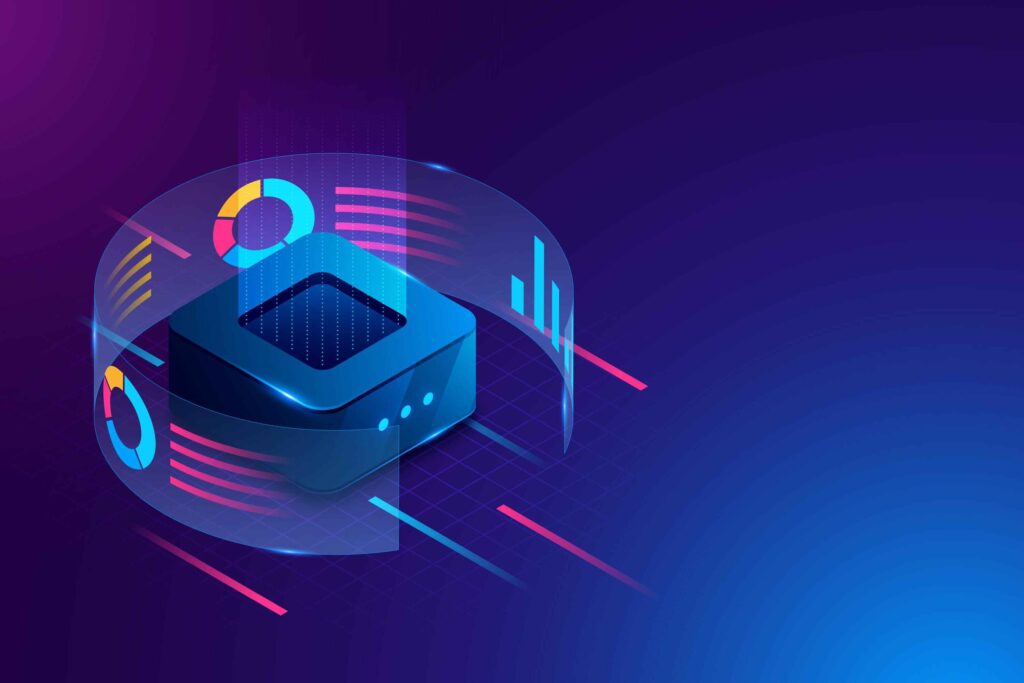
The pros of AI SaaS product are not just limited to cutting costs. It directly impacts your overall performance and outperforms rivals.
- AI SaaS product are very cost-effective as they cut the need for capital investment in heavy infrastructure and hardware. You pay only for what you use.
- These tools increase your business’s productivity by automating repetitive and manual tasks.
- An AI SaaS product allows improved decision-making by turning your complex datasets into actionable insights.
- AI SaaS allows you to view and learn about audience patterns and enable personalization at scale. It helps e-commerce and marketing campaigns in pinpointed targeting.
- Accessibility is the key benefit. From startups to large enterprises and even individuals, these tools are accessible to anyone having internet.
- AI SaaS products offer scalability and perform equally well for freelancers, SMBs, and enterprises.
A Deloitte survey found that 73% of US executives disclose noticeable improvements in their productivity within 12 months of employing AI SaaS products.
Challenges of AI SaaS Products
Everything has pros and cons, so do these tools.
- Data privacy concerns are serious as sensitive data gets stored in cloud servers, and you cannot do anything about it. This puts your privacy at stake.
- Amalgamation of these tools into already existing systems can lead to integration issues, as legacy systems often mismatch with the latest AI APIs
- AI bias is another challenge of these tools, as they have no solution, as they can give inaccurate or wrong answers. You cannot blindly rely on them. Amazon has faced backlash when its AI recruiting tool showed gender bias.
- AI’s dependence on the internet and cloud providers highlights downtime risks, security vulnerabilities, and performance issues.
- Though these tools are cheaper, the cost at scale can be a concern for large enterprises as subscriptions add up for large teams.
If you religiously stick to the AI SaaS product classification criteria, you can minimize these risks by choosing the best tool according to your size and industry standards.
AI SaaS Market Growth & Trends
The AI SaaS market and its related sectors are projected to surpass the phenomenal value of $1 trillion by 2030.
- In 2024, the generative AI SaaS market was valued at USD 16.87 billion, but it is growing at a CAGR of 37.6% indicating it will hit USD 109.37 billion by 2030, which are truly dominating figures.
- Vertical AI SaaS solutions, specifically the healthcare AI in the US, are growing at a CAGR of 37.6%, and are expected to reach 674.1 billion by 2034, whereas in 2025, it was valued at 37.9 billion.
- AI SaaS for small businesses is also getting significant attention due to its affordability. Almost 78% of small businesses in the US are using SaaS tools, and the majority of SaaS providers have already embedded AI.
- Hybrid SaaS + IoT models will gain traction in the near future and will dominate future enterprise adoption.
Future of AI SaaS Products
- Hyper-personalized SaaS apps will tailor experiences according to users. Imagine your fitness app rearranging your workout plans according to your mood and preferences.
- Voice-first AI SaaS, such as assistants like Alexa, may evolve into enterprise-level tools.
- AI SaaS + Blockchain will create see-through and secure ecosystems
- Low-Code / No-Code AI SaaS will enable teachers, lawyers, and other professionals to design their own AI apps without learning any programming or coding.
- Industry-specific AI SaaS will offer AI-driven services tailored to every specific industry’s needs.
Why Businesses Should Invest in AI SaaS Today
According to IBM CEO Ginni Rometty, “AI will not replace humans, but people using AI will replace those who don’t.” The same goes for businesses. Business leaders have realised the potential of AI, and for businesses, the question is no longer if but when.
AI SaaS adoption saves your time and resources. It gives you a competitive advantage in this fast-changing digital economy and opens doors for automation and innovation. So stop thinking and start doing.
Conclusion:
AI SaaS are reshaping the digital world with their automation, personalization, and improved decision-making at reasonable prices. AI SaaS tools are a strategic necessity to outperform your competitors in this crowded SaaS market.
Don’t forget to follow the AI SaaS product classification while choosing the right AI SaaS product for your business. The future belongs to those who are open to adaptability, innovation, and staying ahead of their time. AI SaaS is proving that intelligence can be rented.
FAQs
What are AI SaaS products?
Are cloud software that are backed by Artificial Intelligence.
How can I choose the best AI SaaS product for my company?
The most reliable way to choose a suitable product for your company is by following the AI SaaS product classification criteria.
What are the challenges of using AI SaaS products?
The biggest concerns include data privacy, AI bias, and integration issues.
I have a startup. Can I afford AI SaaS tools?
Yes, it is affordable, and many tools offer different pricing models, such as tiered subscription plans, which do not cost you much.
Do I need to learn coding for AI SaaS products?
No coding is required; these tools are user-friendly, and anyone can use them.
CTA:
Get your hands on the most suitable and reliable AI SaaS product and let your growth curve soar. Explore more about SaaS on Syncforge.
